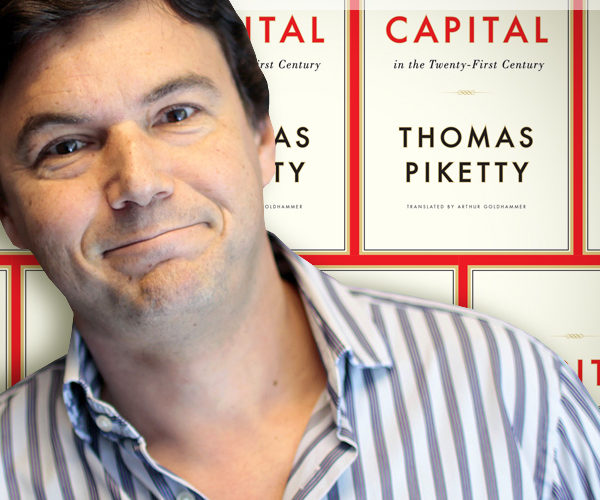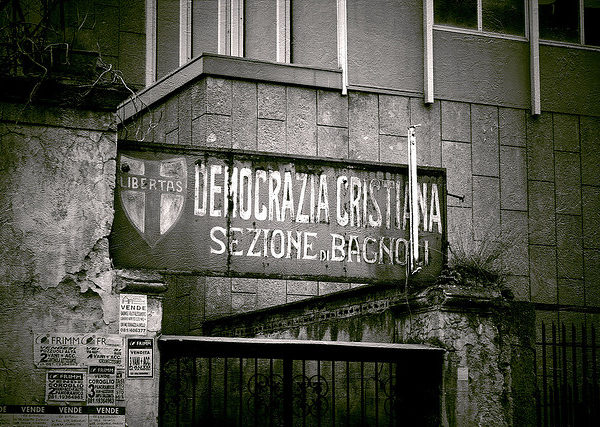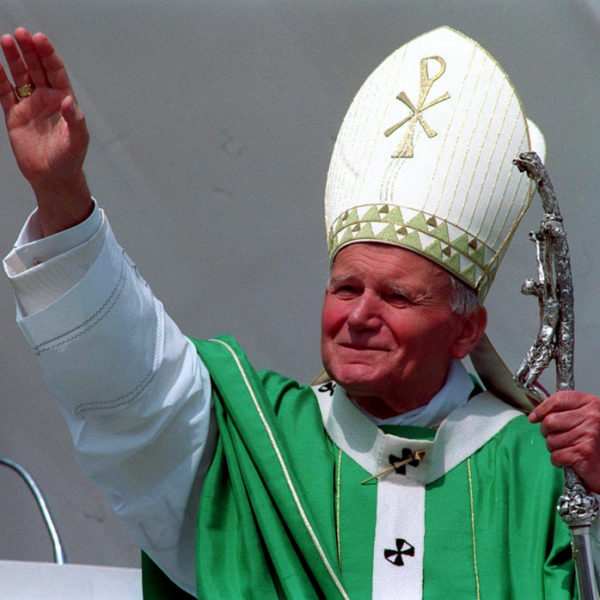
This is the second of two posts reviewing Thomas Piketty’s Capital in the Twenty-First Century and pointing out why it is of interest to those concerned with religious ethics and political theology. In the first installment, I summarized Piketty’s findings on the reality of inequality today and the distinction between income from labor and investments, with its implications for justice in societies. In this post, I examine some of Piketty’s broader conclusions.

The election of Matteo Renzi represents a low point in the fortunes of political Catholicism in democratic Italy, as engaged Catholics across the political spectrum have less influence over the national government than at probably any point since World War II. This decline in fortunes illustrates the weaknesses of mainstream Catholic political strategies in the post-Cold War era. A cross-country comparison of Italy and the U.S. can help illustrate how the struggles of political Catholicism in the early twenty-first century reflect certain weaknesses in the Catholic Church’s current understanding of its social mission.

A week ago Monday, in the United States and Canada, we celebrated Labor Day, a holiday established to remind us of “the strength and esprit de corps of the trade and labor organizations.” Before we are too far past the holiday, I wanted to respond to a post by the blogger Morning’s Minion at the Vox Nova blog on the living wage, or just wage, and its role in Catholic social teaching. My point is not so much to dispute his conclusions but to complement them with some further reflections on the just wage.

Carl Raschke argues that, given the ongoing debt crisis, political theology must more adequately grapple with economics, and in particular Keynesianism. The tradition of Catholic social teaching, particularly in the period of Popes John XXIII and Paul VI, already provides an example of a political theological response to Keynesianism, and, in both what it gets right and what it gets wrong, can serve as a resource to political theologians today.






